Call to scrap shark nets: Waverley joins Central Coast Council
Just one shark was caught in nets off the beaches of the eastern suburbs last summer as a dolphin, endangered turtle and seal were all killed. Councils are now calling for the shark nets to be scrapped.
Central Coast
Don't miss out on the headlines from Central Coast. Followed categories will be added to My News.
Only one shark was trapped in the nets offshore of Bondi and Bronte last season but nine other marine animals became tangled.
The startling statistic comes amid calls to remove the mesh which is being installed on September 1 for the summer.
The seasonal shark nets are placed off 51 NSW beaches as part of a state government program which dates back to 1937.
The nine other creatures tangled in the eastern suburbs nets last season included an endangered Oliver Ridley turtle which died at Bronte on February 26 and a common dolphin which perished in the Bronte nets on November 18.
A fur seal was also killed in the mesh at Bondi.
Six out of the 10 animals caught across Bondi and Bronte were killed, which aligns with the 60 to 70 per cent marine life death average across beaches where nets are used.
Earlier this year Waverley Council resolved to reject the use of shark nets at Bondi and Bronte.
Meanwhile, Central Coast Council is also moving to stop the use of shark nets.
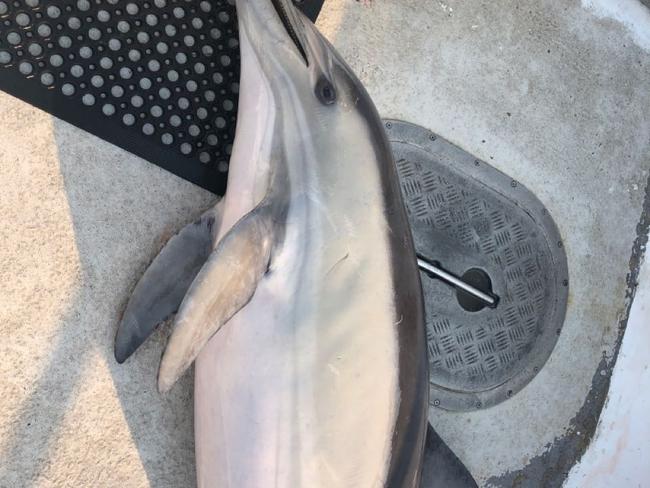
The Central Coast council has made it’s position clear to the DPI, stating it does not support the use of ocean mesh nets, preferring other methods such as aerial surveillance, education programs, shark listening stations, lifeguard towers and Smart drum lines.
DPI Fisheries launched a survey back in March asking councils and other stakeholders to provide feedback on shark mitigation.
“Waverley Council supports shark management options that provide the most effective means of protecting swimmers and reduce or eliminate impacts on marine biodiversity,” a Waverley spokeswoman said this week.
Humane Society International Australia marine biologist Lawrence Chlebeck told the Wentworth Courier the Department of Primary Industries’ shark management program boasted fantastic technological advances and they no longer needed to rely on the nets.
“There’s never going to be only one method that’s going to be a silver bullet,” Mr Chlebeck said.
“Drone surveillance and smart drumlines are incredibly effective at catching those three target shark species… and they are non-lethal methods too so the animals can be released.”
Mr Lawrence said sharks simply swim over and around the mesh with up 40 per cent of the sharks caught on the inside of the mesh.
“These are animals that had already been to the beach and are trying to leave again when they got caught,” Mr Lawrence said.
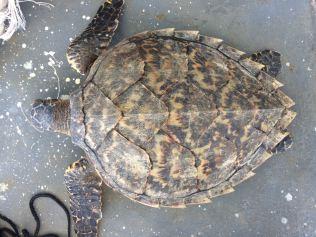
A DPI spokesman defended the use of the nets but gave a hint things might be set to change with an announcement to be made soon.
“The Shark Meshing Program is actively managed to minimise the impact on marine animals while protecting swimmers at some of NSW’s most popular beaches. As part of the program, frequent inspections are carried out to minimise the impact on sea life,” the spokesman said.
“Since the introduction of the shark meshing program in 1937, there has only been one fatality at meshed beaches. On average, more than 5 million people visit meshed beaches every year.
“Nets are currently part of the NSW Shark Program that also includes SMART drumlines, VR4G tagged shark listening stations, drones, research, education, and community engagement.
“The details of the 2021/22 Shark Management Program will be announced in the coming weeks.”
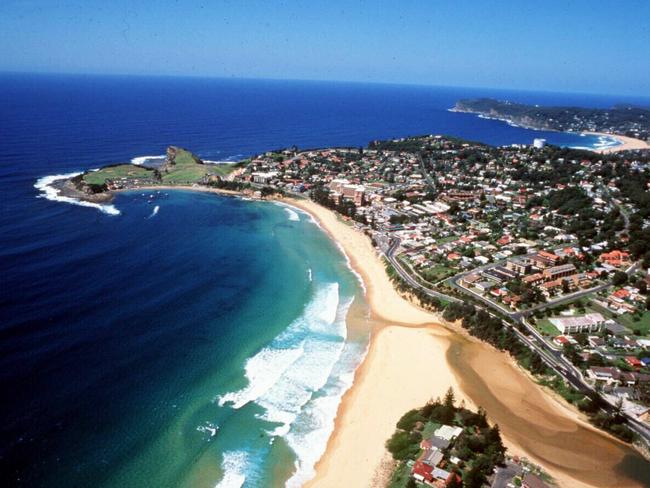
A Central Coast council report states that the NSW DPI-Fisheries Shark Nets Program, between September 2009 and April 2019, resulted in 418 marine animals being killed across the Central Coast.
Of the marine animals killed, 97 per cent were “non-target species” including rays, dolphins, and turtles.
Coast beaches with shark meshing include Terrigal, North Avoca, Avoca, Copacabana,
MacMasters, Killcare, Umina Beach, Catherine Hill Bay, Soldiers, The Entrance and Shelly Beach.
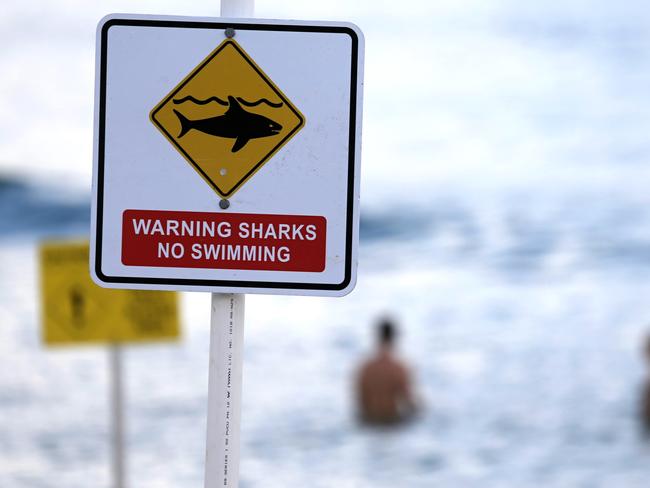
There are no nets at Ocean Beach, Wamberal, Toowoon Bay and North Entrance.
“The application of shark nets is a polarising issue amongst coastal communities,” the council report states.
“Some beach users believe they are an effective management strategy in preventing unprovoked shark attacks and they feel safe in the water with nets deployed.
“Some view nets as old and outdated technology, and ineffective at catching target sharks. “They are also viewed negatively due to the environmental impacts on non-target marine species such rays, dolphins and turtles to being captured in the netting.”
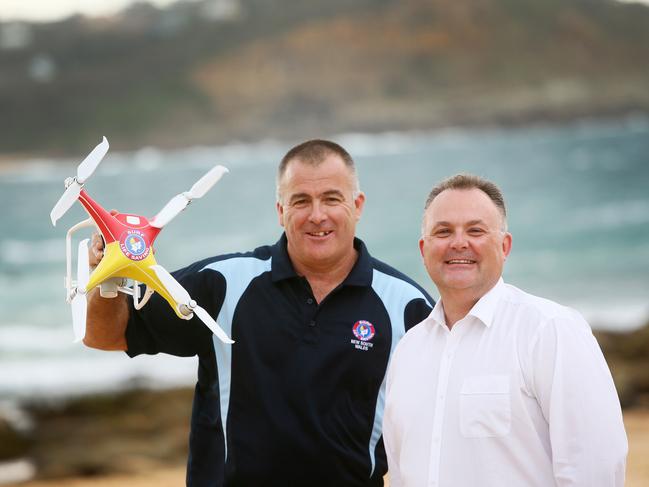
In 2015, NSW DPI Fisheries started a five year program to investigate opportunities to increase public protection from shark attacks and reduce impacts on non-target species. This included research, community programs, and shark detection methods which saw drone programs trialled at Avoca Beach and North Entrance.
Council stated that it had recently been approached by animal welfare organisations to support the trial of alternative measures as a replacement to nets.
Further to its submission to DPI Fisheries, council also provided nine recommendations:
■ Council supports the removal of ocean shark nets in favour of more modern alternatives
■ Council supports the promotion of Shark Smart safety tips to the community
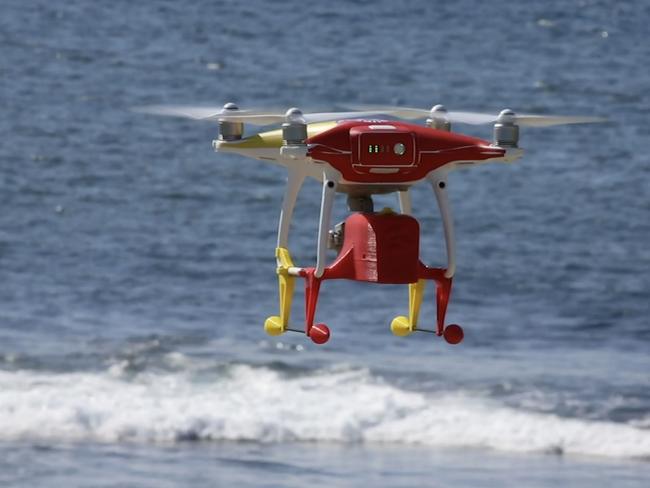
■ The Central Coast be included in the placement of shark listening devices at select beach locations
■ The Central Coast also be included in the installation of Smart Drum lines at selected beach locations
■ Beach Safety staff be involved in future expansion of the drone program/aerial surveillance
■ DPI Fisheries continue with opportunities for councils to access grant opportunities for lifeguard/lifesaver observation towers
■ Council recommends that DPI Fisheries consider future grant opportunities for council to access personnel deterrents for its lifeguard/lifesaver personnel
■ The use of helicopters for shark spotting is not cost effective, however council has recommended that other technologies be considered for shark mitigation
■ Council support any programs or technology that result in lower shark and/or non-target bycatch mortality




